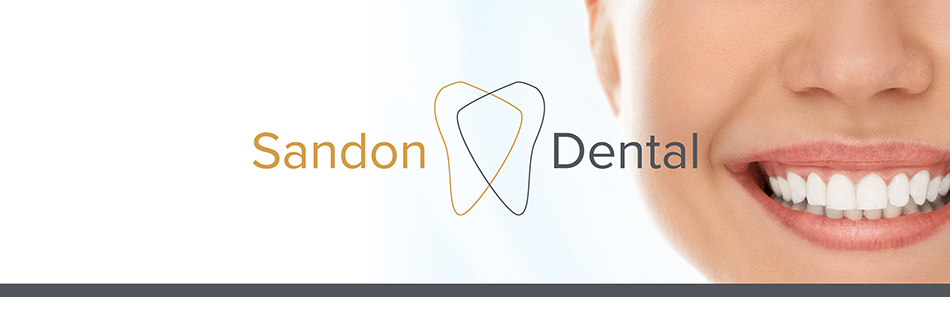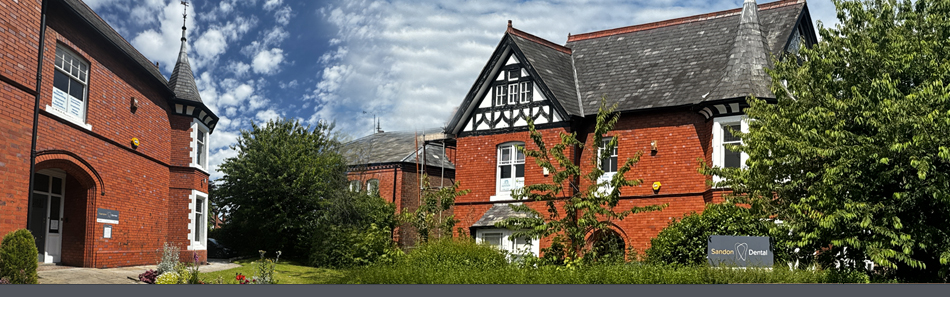Dental Factfiles

Bad Breath
Bad breath [halitosis] is a common reason why many people visit a dentist. Everyone suffers from bad breath to some degree at some time – for example, when waking in the morning, especially when we have eaten strong foods or drunk alcohol the night before. In the great majority of cases, the causes of bad breath originate in the mouth; in a minority of cases the problem may originate elsewhere in the body such as the stomach or nasal passages. It is important to know whether thi is a cause of concern. This is where a dentist can help.
The main causes of bad breath are:
- Gum disease (periodontitis or gingivitis)
- Broken fillings or tooth decay trapping food between the teeth
- Secretions from the nose coating the back of the tongue
It can be worsened by:
- Food [e.g garlic, onion or curry]
- Alcoholic drinks
- Smoking
- Certain drugs [e.g. some heart medications, and drugs which decrease saliva production]
- Menstruation
- Illnesses [e.g. diabetes, kidney disease, liver disease, nasal infections, and sinusitis]
- Stress
- Gum disease
Gum disease is the most common cause of bad breath. It has two forms, gingivitis [inflamation of the gums] and periodontitis [infection of the gums]. Periodontitis is the more severe condition. It affects the structures that hold the tooth in its socket and so can result in tooth loss. It often occurs with little or no pain and we are only aware of it when it is at a late stage. Bad breath can help us to detect this disease early.
Everyone has bacteria living in their mouth. When there is an inflammation or infection in the mouth, these bacteria digest human cells and produce by-products called volatile sulphur compounds, which smell like bad eggs. These compounds are produced in everyone’s mouth during the night. People with gum disease produce more.
To avoid bad breath, regular six monthly visits to a dental surgery are essential. The dentist will check for signs of decay, broken fillings or gum disease, and either the dentist or the hygienist will remove any hard tartar (calculus) deposits that have built up on the teeth. The better the oral hygiene, the less the tartar builds up. A dentist or hygienist will advise on the best oral hygiene techniques to use.
Tongue cleaning removes the surface coating on the tongue. It helps to reduce the amount of sulphur-producing bacteria and dead cells which tend to stick to the tongue. This will also remove any fluids that have dripped from the nose back on to the tongue (post-nasal drip). A tongue can be cleaned daily either by using a specially made tongue scraper [obtained from a dentist] or by brushing it with ar normal toothbrush (without using toothpaste).
Mouth rinses and tooth pastes
Mouth rinses have been shown to be very effective at reducing bad breath. They remove the sulphur compounds from the mouth, thereby preventing them developing the ‘bad eggs’ smell. The use of antibacterial mouthwashes, gels or toothpaste, if used with good oral hygiene techniques, will reduce the amount of bacteria in the mouth. They are best used at night in order to reduce morning bad breath. There is a wide variety available and a dentist will advise on the most suitable.
Improving your breath
Avoid food or drinks which produce strong smells, such as garlic and onions, especially uncooked Chew sugar-free chewing gum Eat regular meals Rinse your mouth with water or sip water during the day, especially if you have a dry mouth.

